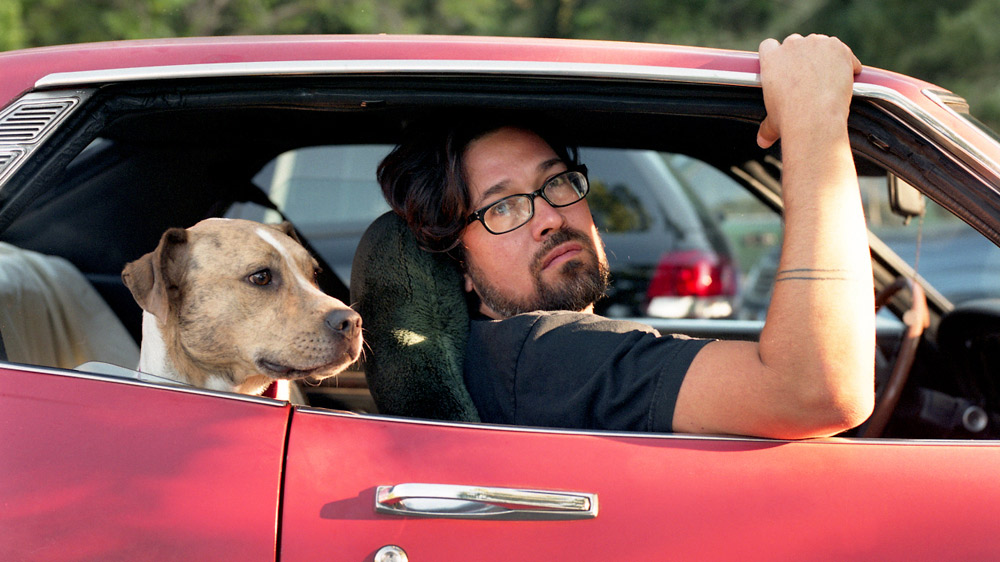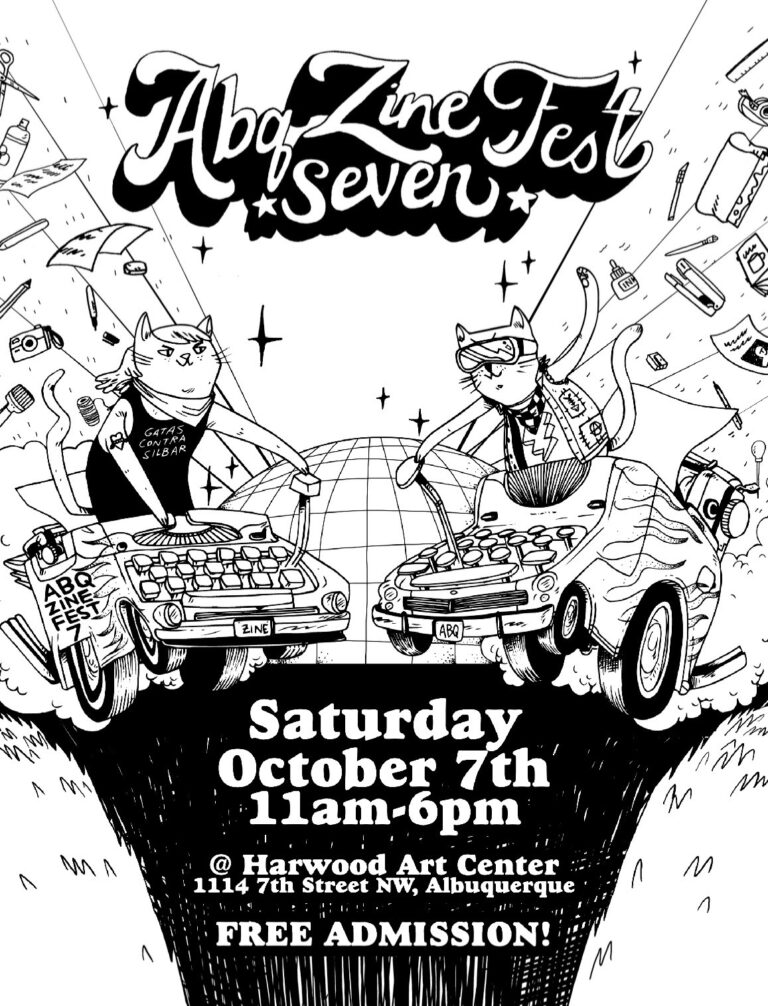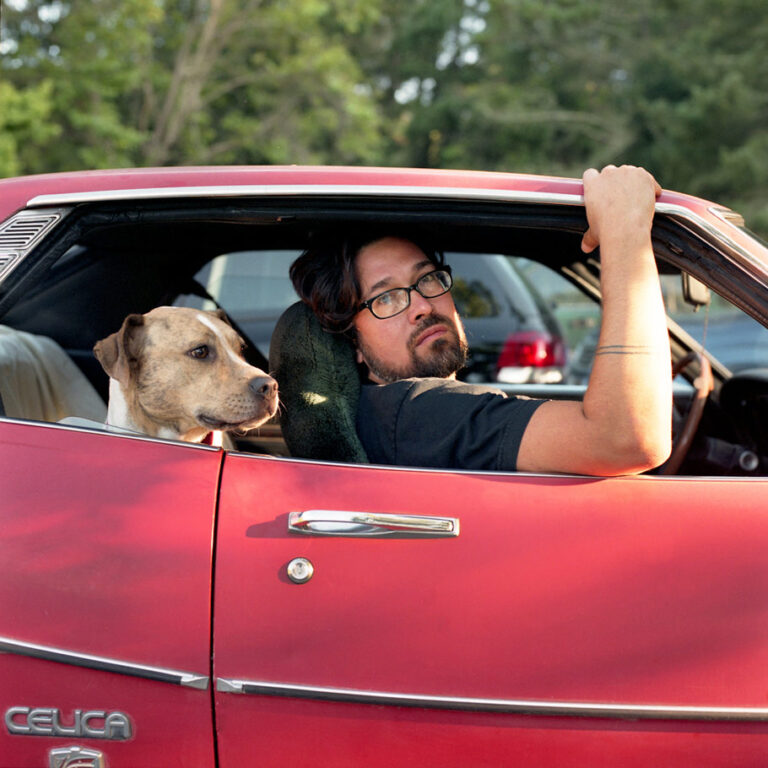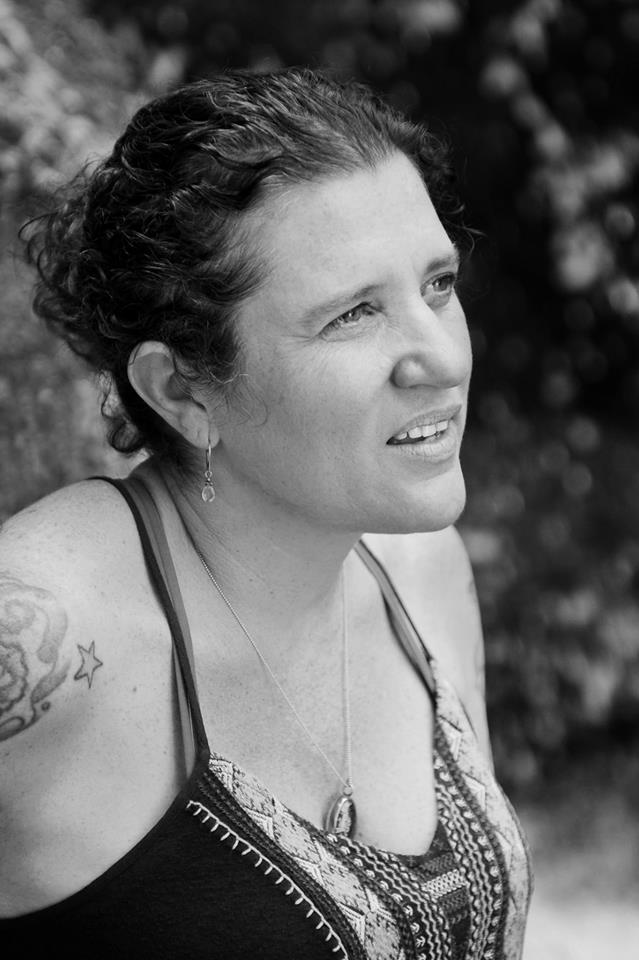Culture Shock: Freedom Of The (Small) Presses
Ariel Gore And Tomas Moniz Visit Abq Zine Fest Seven


Tomas Moniz

Shelby Criswell

Tomas Moniz, author of Rad Dad zine and many other works visits ABQ Zine Fest Seven on Oct. 7
Tomas Moniz

Ariel Gore, creator of Hip Mama, brings her latest works to ABQ Zine Fest
Anna Yarrow








